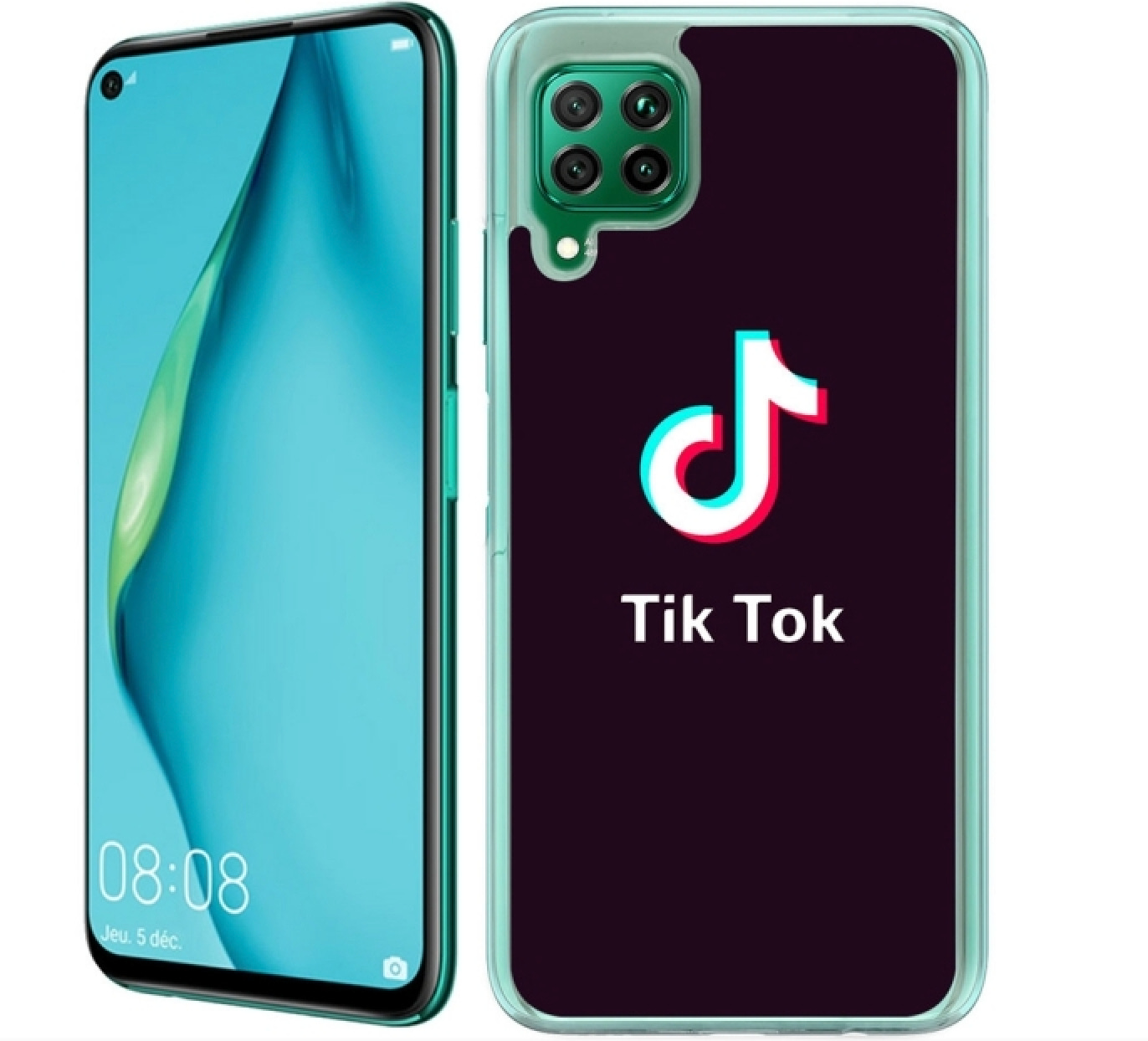Hello.
You are reading Understanding TikTok. 99,7% conceived and written by a human being. My name is Marcus. I am a research fellow at HAW Hamburg. Here is your TikTok update. Today we talk about
🔉 Disinformation
🚩 China
🛹 Core – Trends have lost all meaning
🖼️ More
Wait, what. Is TikTok still relevant? Seems as if. A study finds TikTok outperforms Instagram Reels and YouTube Shorts in user engagement and content frequency, while Reels leads in watch time (SEJ). Views might decline and follower growth might lag but Chinese apps remain hugely popular in the U.S. despite efforts to ban TikTok (CNBC) 🤷.
🔉 The Sound of Disinformation
I presented my research (together with Tom Divon) on The Sound of Disinformation. TikTok, Computational Propaganda and the Invasion of Ukraine at the 73rd Annual ICA (International Communication Association) Conference as part of a great Video-as-data panel.
While the according paper is still under review i give you a little glimpse in what we found out. TikTok has become an unexpected focal point for spreading mis- and disinformation regarding the war in Ukraine after the Russian invasion last year. The medium sound as a tool for spreading propaganda is underresearched even though sound is the backbone of the platform (Richards, 2022) and has a longstanding practice as propaganda tool (Laswell, 1934).
Given TikTok’s aural paradigm shift (Abiding & Kay, 2021) sound based computational propaganda (Woolley & Howard, 2019) played a crucial role in purposefully managing and distributing misleading information. Both sides in the conflict utilized mis- and disinformation strategies. The re-use sound feature led to semi-automated content production. Was it effective? Yes. In a manifestation of the remix culture "publication does not mark the end of content but the beginning of an evernew reinterpretation of content fostered by a participatory paradigm“ (Primig et al., 2022, p. 2). Perpetrators disguised their identities by outsourcing the distribution of propaganda messages to creators of the platform.
Some of the strategies like hijacking successful sounds can as well be seen in the spread of viral racism in other contexts.
🚩 China etc.
Another week, yet another scandal or two. TikTok has stored the most sensitive financial data of its biggest stars — including those in its “Creator Fund” — on servers in China. Earlier this year, CEO Shou Chew told Congress “American data has always been stored in Virginia and Singapore.” (Forbes)
And then of course this one: Employees of the Chinese-owned video app have regularly posted user information on a messaging and collaboration tool called Lark, according to internal documents (New York Times). “This is an important thing, though will also point out it's been public since at least the publication of my book in 2021” tweets Chris Stokel-Walker. So, come on: Read his book!
Time to ban TikTok, EU lawmakers tell governments, writes Politico and means that the European Parliament is calling on the bloc’s national governments to ban the use of TikTok for government staff. Interestingly TikTok was not the only company to be name-checked; lawmakers also called on the Council of the EU and the European Commission to exclude the use of Chinese and Russian technology firms Huawei, ZTE and Kaspersky, and NtechLab, a Russian facial recognition firm.
I read an interesting take here (The Diplomat): TikTok is just one of many digital companies originating from countries where data governance approaches differ significantly from the norms established in the West. It certainly won’t be the last. The handling of the TikTok case, and others like it, underscores the importance of cross-country collaboration on key issues. Word!
🛹 Trend have lost all meaning
I was half-way through deciding if and how to explain Blokecore and Europecore when Reddit’s head of global foresight thankfully proclaimed that ‘trends have lost all meaning’ (Fast Company).
Harper’s Bazaar fashion news director Rachel Tashjian recently declared that “we’re living through a mass psychosis expressing itself through trend reporting.” There is, I would argue, as much reporting as there is trend manufacturing. No one is sure exactly what a trend is anymore or if it’s just an unfounded observation gone viral. The distinction doesn’t seem to matter, since TikTok — and the consumer market — demands novelty. It creates ripe conditions for a garbage-filled hellscape where everything and anything has the potential to be a trend. (Vox)
Only trend reporting could provide a lengthy argument if the Adidas Samba was entering its anxiety era end of May 2023 (GQ) or not. It might for sure still work as part of your Blokecore outfit – a fashion aesthetic that focuses on the British Soccer culture, as well as old club uniforms from the 80s and 90s (Aestehtics Fandom Wiki). A style trend debated a year ago (Vice) and yet again as one of the biggest trends of 2023 (Culted). Wait what? May 2022 and May 2023? Does that even make sense? Well, ‘trends have lost all meaning’ i was telling you. Here is Europecore. And here are 28 aesthetics from last autumn to prepare you for the coming season.
🖼️ I want more
AI Deepfakes of True-Crime (Rolling Stone)
TikTok’s AI art scene (We Present)
Older (as in 91) TikTok Creators Flourish (New York Times)
The best TikTok food trends of 2023 (so far) (Mashable)
What is a beige flag (Centennialworld)
Meta and TikTok handed users' data to Aus authorities 3654 times last year (IT News)
Wes Anderson doing Wes Anderson (Buzzfeed)
Wedding Traditions (Insider)
Teletubbies – at last (Mothership)








